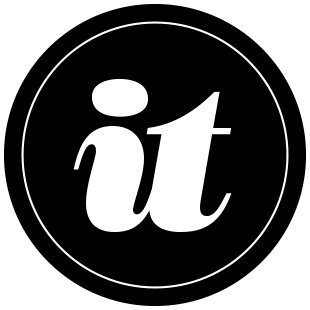Is Dressing Without Judgement a True Form of Power?
A dear colleague sent me a short clip of Marc Jacobs commenting of what he felt the future of power in fashion was: the consumer dressing however he/she/they wants with no implications. He went on to say that clothes don’t really matter. His blasé idea supposedly opens up what designers can design and consumers can consume.
The Jacobs anecdote sounds incredibly confusing coming from a designer. Why has he designed and continue to design if he believed that clothes don’t matter? Is he saying that anyone can be seen as powerful no matter what they wear? Or is it a select few? Who gets to be powerful? Do the “clothes make the man” or the man is exempt from the meaning of his clothes?
I haven’t been able to shake this perspective off of me. Surely clothes matter. If they don’t matter, then what am I doing? As in, what am I doing with my life’s work? A personal existential crisis may be immanent.
Taking a bit more time with it I’ve come to some new theories. Perhaps what I think he is trying to say is that people who choose to wear whatever they want to wear and being seen the way they want to be seen is the truest goal of fashion. Genuine expression is what matters most. Expression, in itself can be powerful. And that personal freedom of the consumer means that Jacobs can design whatever he wants to and the consumers can choose – or not choose – to buy it.
Sure but I have some thoughts.
Thought: Are the stakes for losing power as high for what men wear as they are for what women wear, all else being equal? Can they both have freedom in their dress while retaining their power?
Fact Check: We know that men and women are yet to be equal in power (or pay).
Thought: What about people and persons of colour? Do they have the same freedoms and expectations as they white counterparts?
Fact Check: We know that white men and people and persons of colour are yet to be equal in power.
Thought: How about our LGBTQ friends? And what about people that don’t identify as binary or within the super small boundaries of traditional thinking? Do they get the same freedom as someone who is cisgender?
Fact Check: We know that discrimination based on gender expression or sexuality is illegal by Canadian law but in day-to-day practice we have more work to do for true power equality.
Thought: Doesn’t his theory counter the current, hyper conscious consumer and brands?
Fact Check: We know that society is getting more and more concerned about how and where and why and at what cost clothes are being made. We seem to be more invested, not less.
There is part of me that wants what Marc Jacobs is saying to be true – the equality, express yourself freely part - but I don’t think we are there. Let’s not sugar coat it; we’re not even close. Choosing how you dress is a powerful communication tool. If people don’t have equal opportunity and access to personal power now, there’s no way that clothing doesn’t factor into the overall equation. Everything matters. Choice matters. For clothes not to matter, your individual status needs to be extremely high and established. And, unfortunately, that status currently tends to be born privilege rather than anything else.
Are we screwed?
Fret not fashion friends; times are changing. I want each and every person to not only choose to wear what they want, but to feel good wearing it. That confidence may just translate into power. As more (and varied backgrounds) of us get it, we can share it with others. Let’s buck the system from both the inside – by sharing power - and the outside – downright demanding it. You in?
